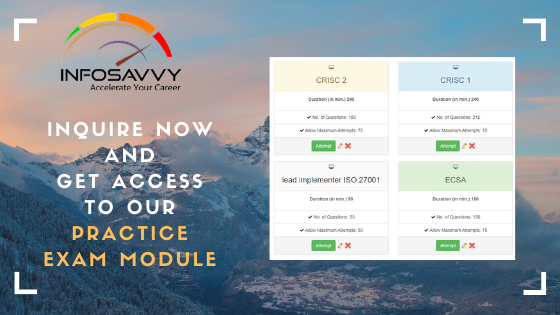Criminal investigations involve prosecution under criminal laws. The government, at either the local, state, or federal level, prosecutes violations of its laws by imposing fines, incarceration, or, in some extreme cases, even death for offenders. Criminal investigations are conducted by law enforcement organizations, which can include local, state, federal, or even international agencies. While some CISSPs are in law enforcement positions and conduct criminal investigations themselves, most of us will likely be reporting criminal incidents to law enforcement and helping to collect/provide evidence.
For a law enforcement agency to take part in prosecuting a criminal matter, jurisdiction must first be established. Jurisdiction is the legal authority of a governmental body (such as a court or enforcement agency) over a specific matter, often based on geography. With crimes that involve information assets, determining jurisdiction can be complicated and frequently may involve several different government bodies, locales, and laws.
Once jurisdiction has been established, the law enforcement investigator first tries to understand what happened, what damage was done, and what possible range of crimes apply for possible prosecution. In some cases, because of the global nature of IT, a case may be dropped or referred to another law enforcement agency due to a combination of jurisdictional issues, the cost of the investigation versus the scale and impact of the crime, and the likelihood of successful prosecution.
As the investigation progresses, law enforcement begins to understand who the potential suspects might be and what evidence is available, and the investigator must begin to narrow focus to specific laws and statutes. Many countries, provinces, cities, and other jurisdictions have a variety of laws relating to the misuse and abuse of technology.
Typically, criminal courts have the highest legal standard for determining liability/ guilt; this is often referred to as evidence that shows that the accused has caused harm beyond a reasonable doubt. With this standard, the overwhelming majority of evidence must show that the defendant is guilty, leaving the court with no other rational conclusion.
The criminal investigator collects evidence until the elements can be proven or until it is clear that they cannot be proven. They use investigative techniques, including digital forensics (covered later in this chapter). The investigators may secure media and devices as necessary for evidence.
When gathering evidence, law enforcers may or may not be required to get a court order, allowing the government to access property, devices, and data that are owned by private entities. These court orders may be in the form of warrants or subpoenas; some must be issued by a judge, while others can be issued by any officer of the court (such as a government-commissioned prosecutor).
When a private organization requests law enforcement involvement with or in response to a suspected incident, that organization may give permission to the government to access the property/devices/data, and there is no need for a court order; the organization owns the property/devices/data and therefore can allow access to anyone it chooses. In criminal matters, the security professional in the employ of an organization requesting law enforcement response should not try to investigate without guidance from law enforcement personnel. In other words, if you, as a practitioner, suspect a crime has been committed and are going to report this crime to the government, you should suspend investigative activity (beyond containment of immediate damage) until and unless otherwise instructed by the government/agency and immediately escalate the issue to management. It is possible that investigative actions by untrained personnel unfamiliar with legal procedure and the processes for proper evidence collection and handling can taint the evidence and otherwise impede an investigation.
Further, a security professional in the employ of an organization should not unilaterally make the decision to contact law enforcement; this can be a complex decision and should be made in consultation with management and in-house and outside counsel.
Lastly, additional rules apply to security professionals or investigators who are employed by law enforcement and prosecutorial agencies. While a company that owns evidence can simply choose to provide that evidence to law enforcement, stringent rules apply to the collection, handling, and analysis of evidence by law enforcement and the prosecution of employees. Government investigators must be conscious of and understand the legal requirements that apply to them; this will include (among others) whether search warrants are necessary to seize evidence, a stringent adherence to chain of evidence procedures, and the analysis of evidence that does not exceed what is legally permitted in a given situation.


